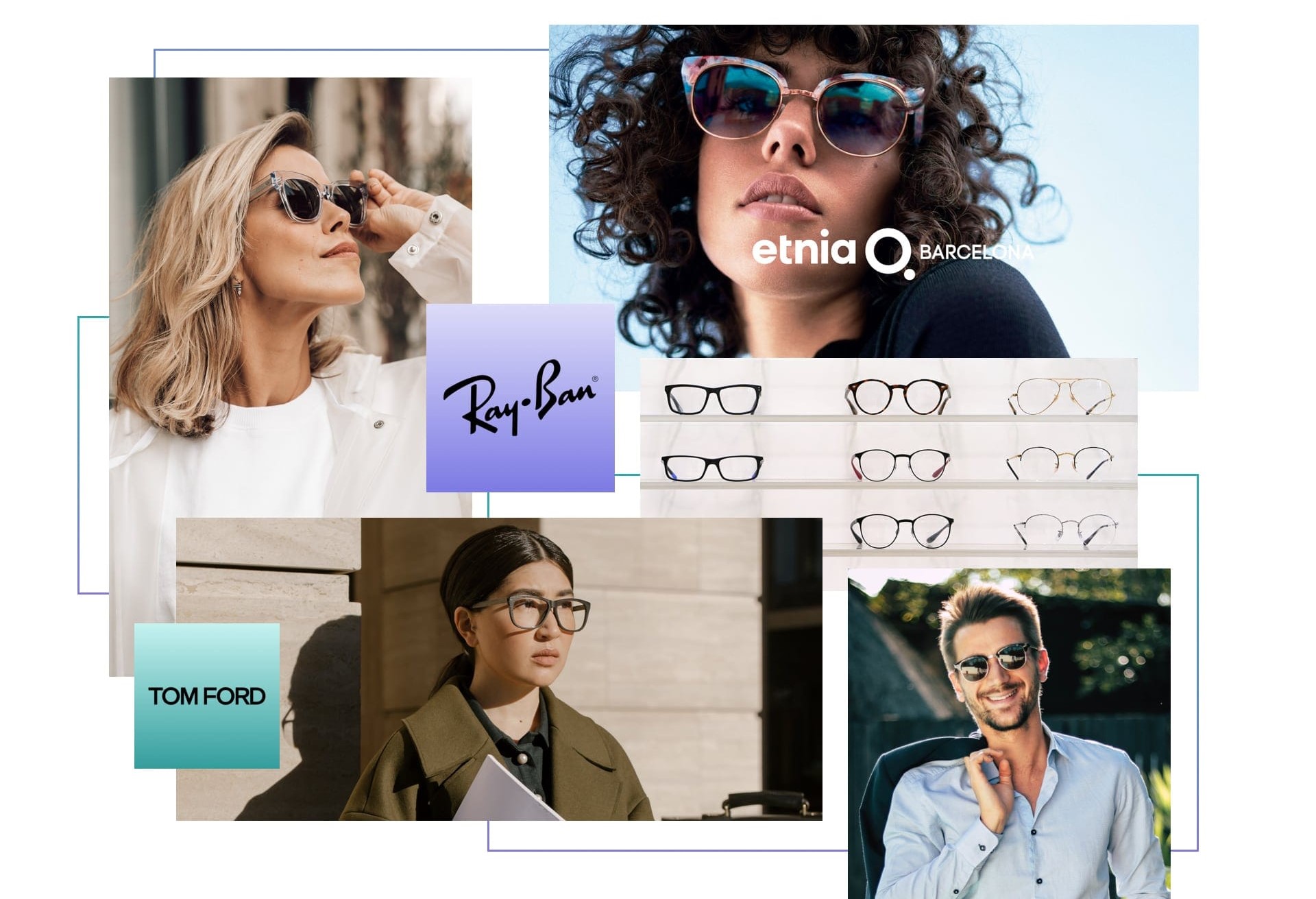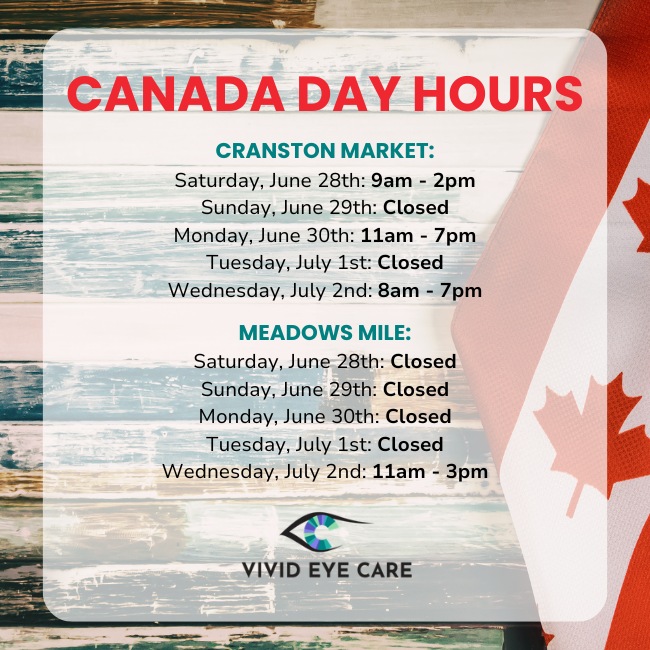Dry eyes can be more than just a temporary inconvenience. For many, it’s a persistent issue that affects everyday life. With countless treatments and suggestions out there, trying to find a solution that works for you can feel overwhelming. In some cases, a good place to start is by speaking with an optometrist about making simple changes to your diet and the nutrients you consume.
Our eyes require a balanced mix of nutrients to function optimally. When a part of your diet is lacking, you may be more susceptible to symptoms of dry eyes, like stinging and redness.
Here are a few essential nutrients for managing dry eyes and supporting your eye health:
- Omega-3 fatty acids: Known for their anti-inflammatory properties, omega-3s can support your tear glands and help prevent dry eye symptoms.
- Vitamin A: This nutrient can affect both your eyes and immune system, helping the surface of your eyes heal.
- Vitamin D: Research has linked vitamin D deficiency with dry eye symptoms—getting enough Vitamin D can support your eye function and general health.
Delving into Omega-3 Fatty Acids
Fatty fish like salmon, mackerel, and sardines are rich in omega-3 fatty acids. These fats are not just good for your heart. They can also play an essential role in your eye health. Omega-3 fatty acids can:
- Reduce eye surface inflammation that can lead to dry eyes
- Help maintain a healthy, smooth ocular surface, promoting clear vision
Some clinical studies suggest that omega-3 supplements may also help improve dry eye symptoms by supporting the oil component of your tears, which is made by small glands on the edge of your eyelid called meibomian glands.
The Role of Vitamin A
This vitamin can support many different parts of the body, including your skin, immune system, and, importantly for this topic, your eyes.
Vitamin A helps:
- Protect the cornea, the front outer covering of your eye
- Produce the moisture necessary to keep your eyes lubricated
Foods rich in Vitamin A include beef and chicken liver, dairy products, and vegetables like carrots and kale. Supplements can also help, but it’s important to take them as directed, since too much vitamin A can be harmful.
Vitamin D: The Sunshine Vitamin
While known primarily for bone health, vitamin D has also been shown to be beneficial for eye health. It could be because this vitamin has anti-inflammatory effects. Vitamin D receptors are found in the eye’s surface tissues and glands, suggesting this vitamin plays a role in tear production and overall eye comfort.
Vitamin D deficiency is typically caused by a lack of outdoor sun exposure or by other factors that can make it harder for your skin to absorb vitamin D, such as using too much sunscreen or having darker skin with more melanin. While supplements can help, it’s best to consult a healthcare professional before starting them.

Practical Tips for Eye Nutrient Intake
To maintain the right balance of nutrients for your eyes and body, consider these tips:
- Add fish to your diet: Aim to eat fish high in Omega-3s twice a week.
- Snack on nuts and seeds: Chia seeds, flax seeds, and walnuts also contain omega-3s.
- Add colourful vegetables to your plate: Carrots, sweet potatoes, and leafy greens are excellent sources of Vitamin A.
- Spend time outdoors: Responsible sun exposure can increase your Vitamin D levels. Just remember to wear sunscreen and sunglasses to protect your eyes from harmful UV rays.
- Take supplements as directed: If you feel like you’re not getting enough nutrients from your diet, consult a healthcare professional before taking any supplements.
When Food Isn’t Enough
Sometimes, even with a balanced diet, our bodies need an extra boost. If your dry eye symptoms persist, supplements may be a helpful addition to your regimen. However, you should always talk to a healthcare provider before starting any new supplement to ensure it’s safe for you. We can recommend the right dosage for your individual needs.
In addition to supplements, other dry eye treatments may be beneficial. For instance, artificial tears and prescription eye drops can provide relief from symptoms. Punctal plugs and warm compresses may also help with tear production and overall eye comfort. It’s essential to consult an eye doctor to determine the best course of action for your specific eyes.
Caring for Dry Eyes
Managing dry eye is not solely about eye drops and ointments—it’s also about nurturing your body from the inside out. By embracing a diet rich in vital nutrients like omega-3 fatty acids, vitamin A, and vitamin D, you can take an important step toward enhanced eye health and comfort.
If you’ve tried these dietary changes without success, don’t fret. At Vivid Eye Care, we offer a range of dry eye treatments tailored to your unique needs. We are dedicated to finding a solution that works for you.
Your eyes deserve complete care—which can start with the nutrients you give them and professional services to support their health. Contact us to learn more about how we can help soothe your dry eyes.






















